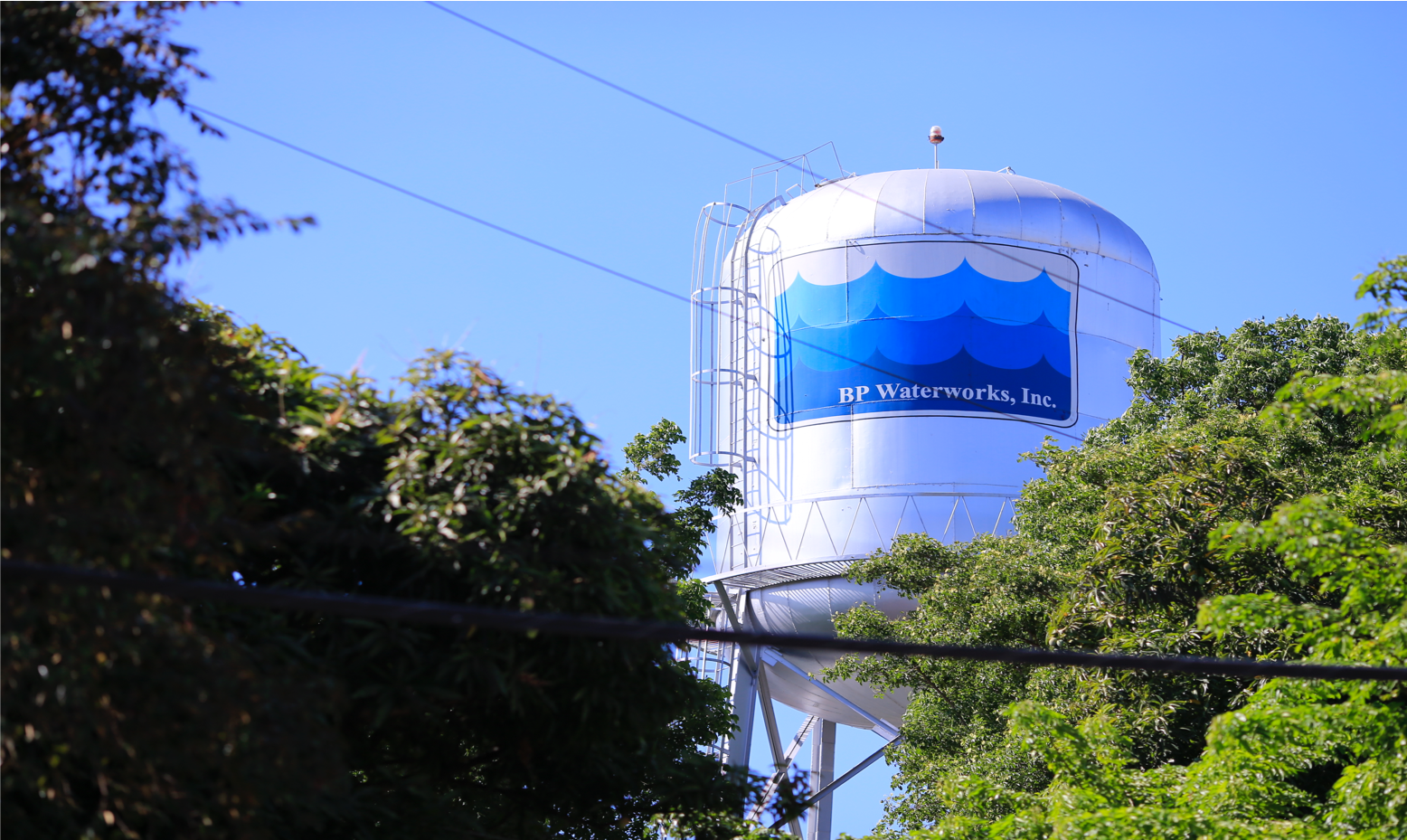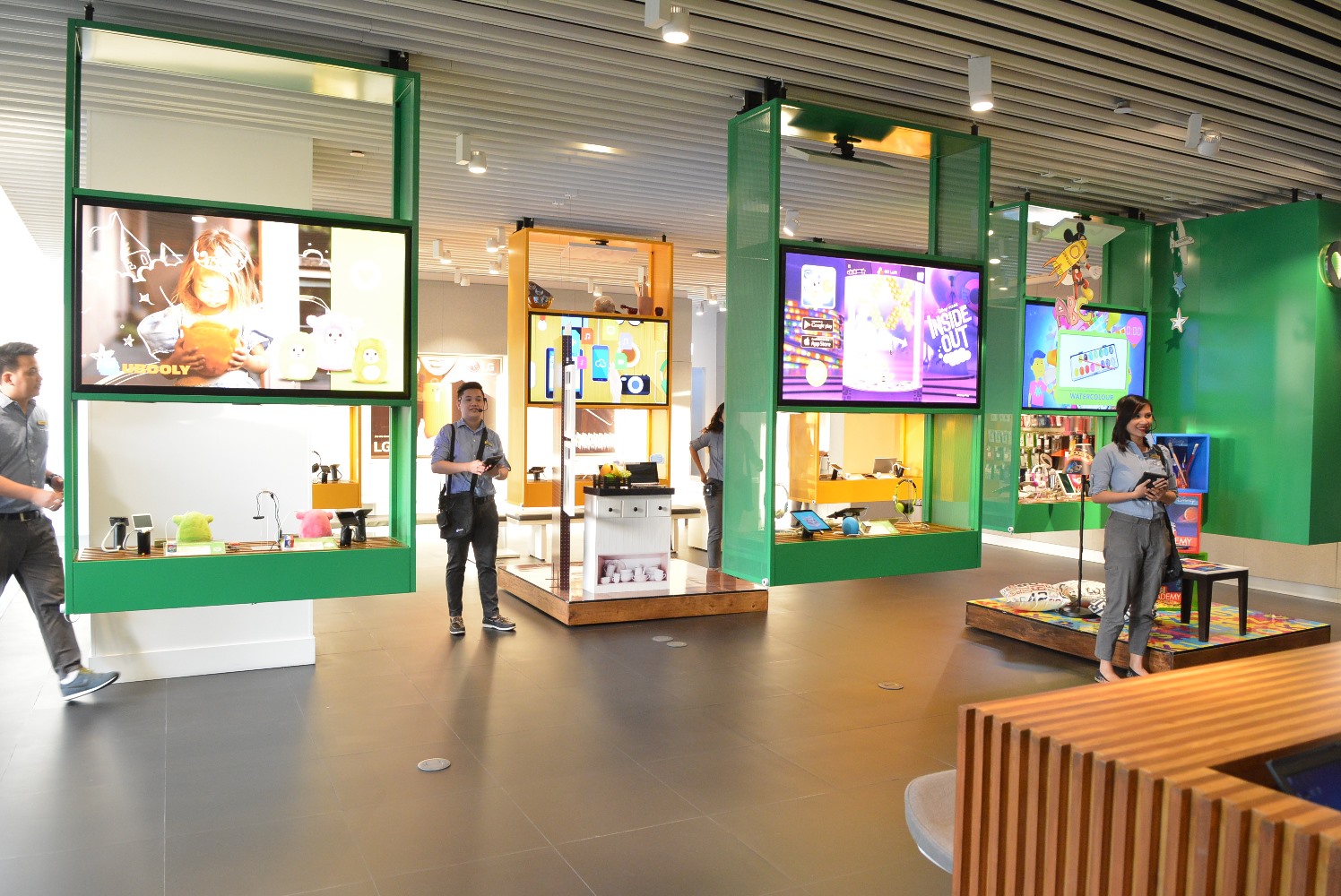At Charles Seafoods Supply, a small family-owned enterprise, manual processes were making orders difficult to track and manage and often causing errors that led to delivery delays.
The company took a largely manual approach to interacting with customers. Until recently, orders were faxed or called in by phone. Paper invoices were tough to trace and provided little visibility into the status and timing of payments. Invoices were sent by mail. And while the company had successfully established itself as one of the best suppliers to the seafood industry in the Philippines, owner Mayette Yulo decided it was time for a change.
As a supplier to an industry driven by strict safety standards and quality controls, Charles Seafoods Supply knows there is little room for errors. Gaining advantage requires flawless execution. And to fuel it, the company, has turned to SAP’s Ariba Network.
The effort began with creating an online catalog through which customers could view and order the company’s products with just a few clicks. Then the company started collaborating around invoices.
And it quickly saw results, including a 75 percent boost in order accuracy; an 80 percent reduction in late or overdue payments, and a 30 reduction in days sales outstanding.
“With the Ariba Network, we now have smooth and transparent transactions with our customers and fewer errors in ordering and delivery,” Yulo said. “More importantly, we are getting paid faster and now have a positive cash flow to support and expand the growth of our business.”
And this, says Darren Rushworth, Managing Director, SAP Philippines, is the real value that business networks provide. “Business networks are driving a new, more collaborative way of operating that is changing the game for companies around the world,” he said. “Leveraging the connectivity that networks like Ariba provide, buyers and sellers are not only simplifying complex and inefficient processes, but enabling new ones that enhance their relationships and create value on both sides of the equation.”















































































































